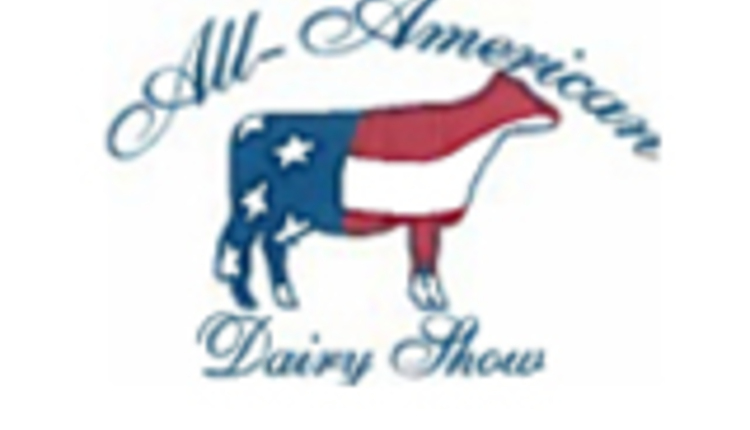The information below has been supplied by dairy marketers and other industry organizations. It has not been edited, verified or endorsed by Hoard's Dairyman.
A new report from Certified Semen Services, Inc. (CSS) highlights the significant profit losses dairy and beef farmers can experience if their herd is exposed to a venereal disease such as Bovine Viral Diarrhea (BVD), Trichomoniasis, Leptospirosis, and Campylobacteriosis (aka, Vibriosis).
The cost of these diseases can be substantial. Depending on the specific disease and herd persistence over a 20-year period, the report showed gross profit losses ranged from:
- $7,000 to $60,000 (acute infection) vs. $20,000 to $390,000 (chronic infection) for the 120-cow beef herd model
- $770,000 to $2,000,000 (acute infection) vs. $13,000,000 (chronic infection) for the 1,000-cow dairy model
“Until you experience the financial loss and production disruption associated with the introduction of a venereal disease firsthand, you may believe it could never happen to your herd,” says Brad Belstra, Ph.D., CSS associate technical director. “Those who have experienced a disease outbreak are often surprised by the magnitude of the losses and added work to get it under control,”
The prevalence of the pathogens that cause BVD, Trichomoniasis, Leptospirosis and Campylobacteriosis is relatively low. However, the decreased production and increased costs associated with their introduction and spread within a cow herd can be substantial.
“The introduction and spread of these key venereal diseases in a beef or dairy cow herd may not be discovered until calf and milk production have already been greatly reduced,” says Belstra. “Since venereal diseases are largely asymptomatic in bulls, which supply semen or natural service to many females, standardized and repeated health testing is vital to screen for infected individuals, reduce prevalence and protect herd health and productivity.”
CSS health testing for bulls was implemented in 1979 to standardize and secure semen produced for domestic distribution. Since then, testing protocols have evolved to also provide a foundation of minimum testing to qualify semen for export.
Some cattle owners don’t fully understand the risk and potential liability of not meeting CSS minimum requirements for testing their bulls, even when the goal is generating domestic-only semen doses followed by a return to natural service. In addition, most producers may not be aware of the myriad of other CSS requirements for semen collection and processing intended to ensure a consistent, high-quality and non-infectious artificial insemination (AI) dose.
“Unless semen collection for export is on their agenda, many bull owners don’t see the necessity of CSS health testing,” adds Domingo Gomez, DVM, MSc, CSS associate technical director. “They may view skipping CSS health testing as a cost and time savings unless they weigh the risk and potential costs that these diseases could have on their cow herd or those of other owners. Ultimately, buyers must value their herd’s health and only choose bulls and semen tested to CSS standards and beyond.”
This new report helps show the value of CSS testing for dairy and beef producers.
Report details
CSS engaged AbacusBio Ltd, a well-known international agriculture consultancy, to model the economic impact of four key bovine diseases that can be sexually transmitted by untested bulls and semen doses on cow herd productivity.
BVD and Trichomoniasis were evaluated for both beef and dairy herds since transmission by AI has been demonstrated under field conditions with contaminated frozen or thawed semen. Leptospirosis and Campylobacteriosis were evaluated for beef herds only since these diseases are more commonly transmitted by natural mating.
Details on the costs associated with calf and milk production losses, their market values and increased female replacement costs due to a venereal disease outbreak can be found in the full report, along with the annualized risk costs of not using CSS-certified semen or testing bulls for these diseases. E-mail NAAB-CSS@NAAB-CSS.org to request a copy of the full report.
Located in Madison, Wisconsin, Certified Semen Services, Inc. (CSS) is a subsidiary of the National Association of Animal Breeders (NAAB). One of their chief responsibilities is to audit and certify member artificial insemination centers based on USDA Requirements, CSS Minimum Requirements for Disease Control and the CSS Participant Agreement. CSS is tasked to safeguard and add value to the genetic distribution of semen produced for both U.S. domestic use and export markets. In part, this is achieved through standardization and regulation of bull health testing, semen collection hygiene, and semen processing, quality control, storage and distribution. Learn more at NAAB-CSS.org.




